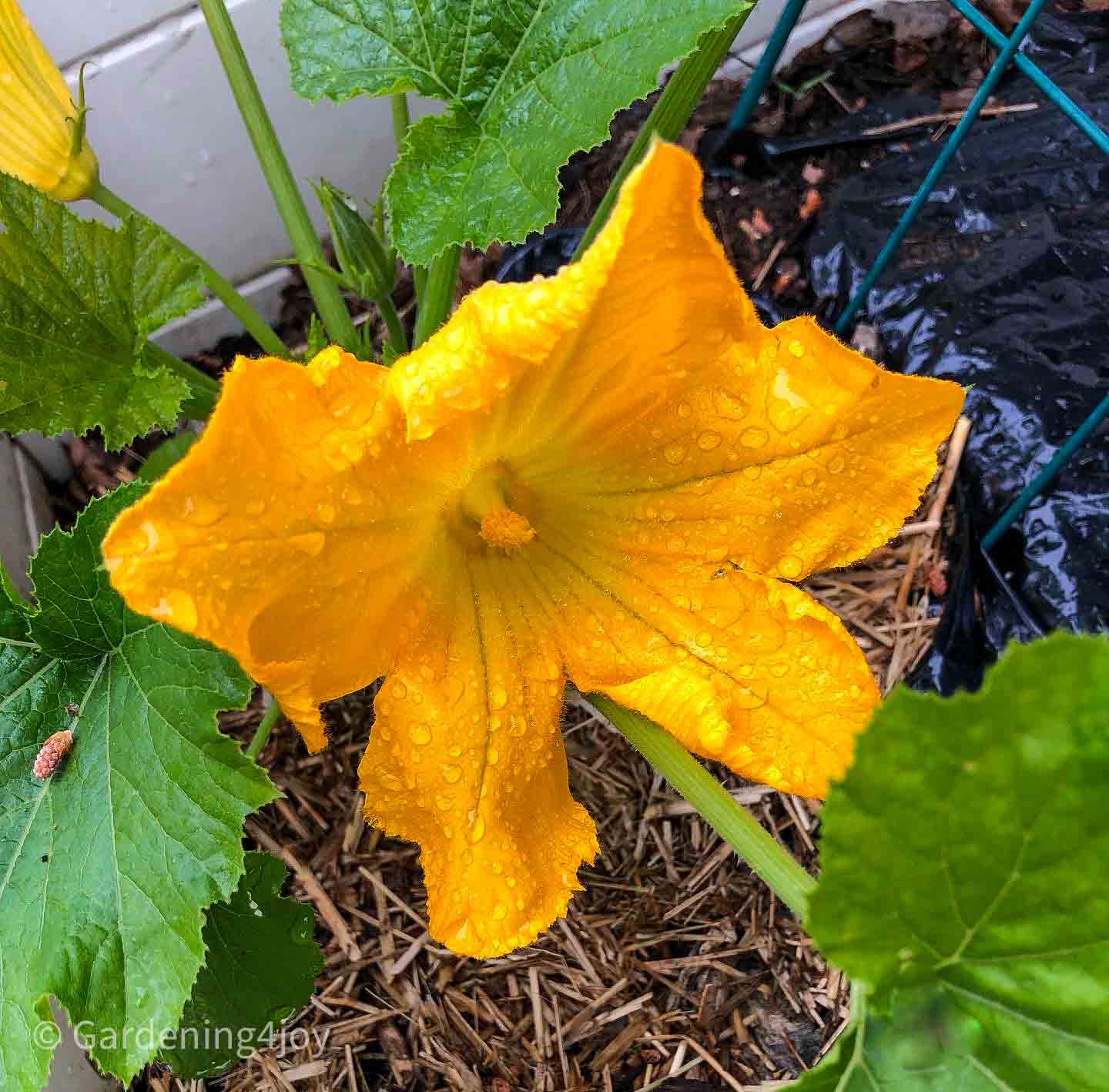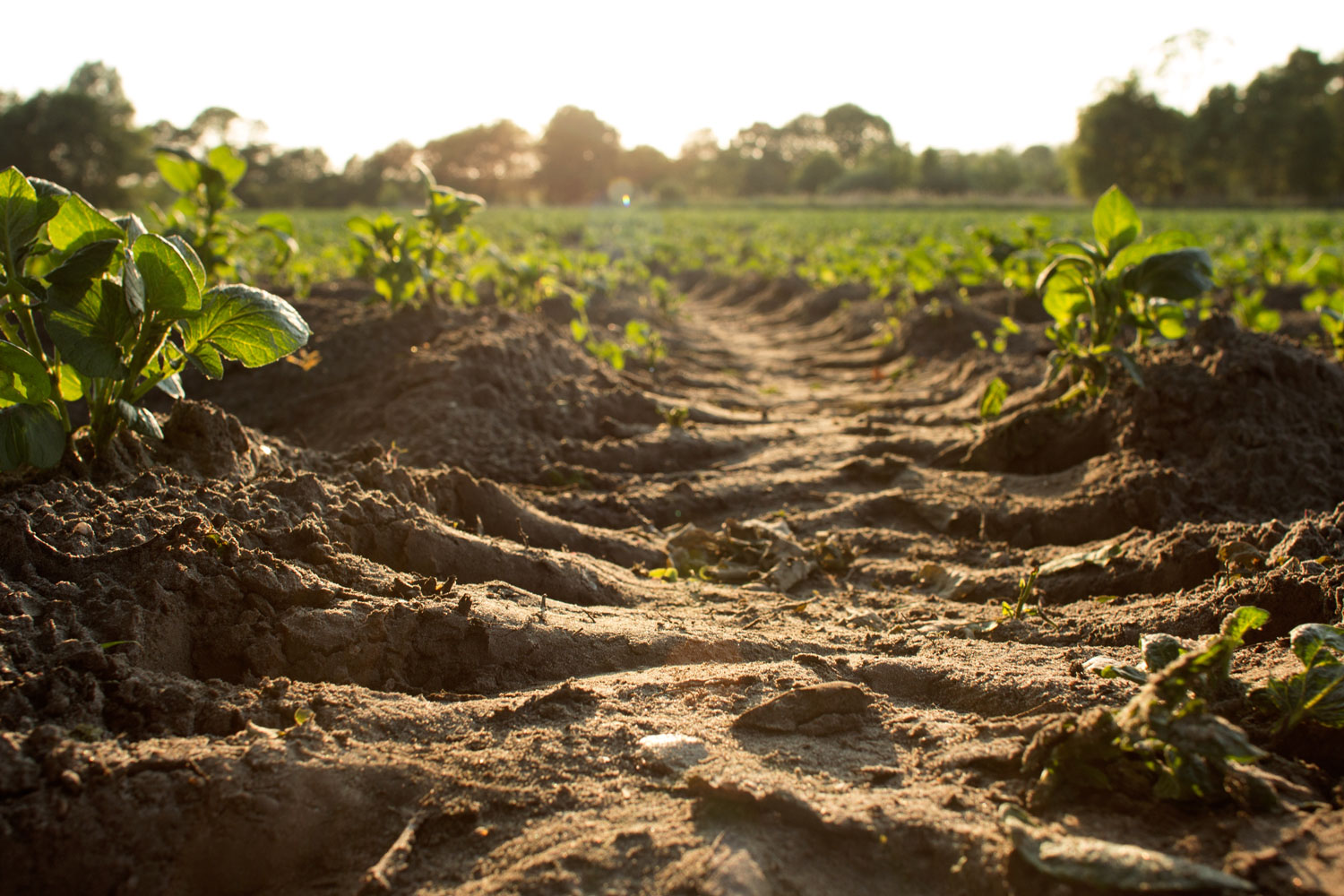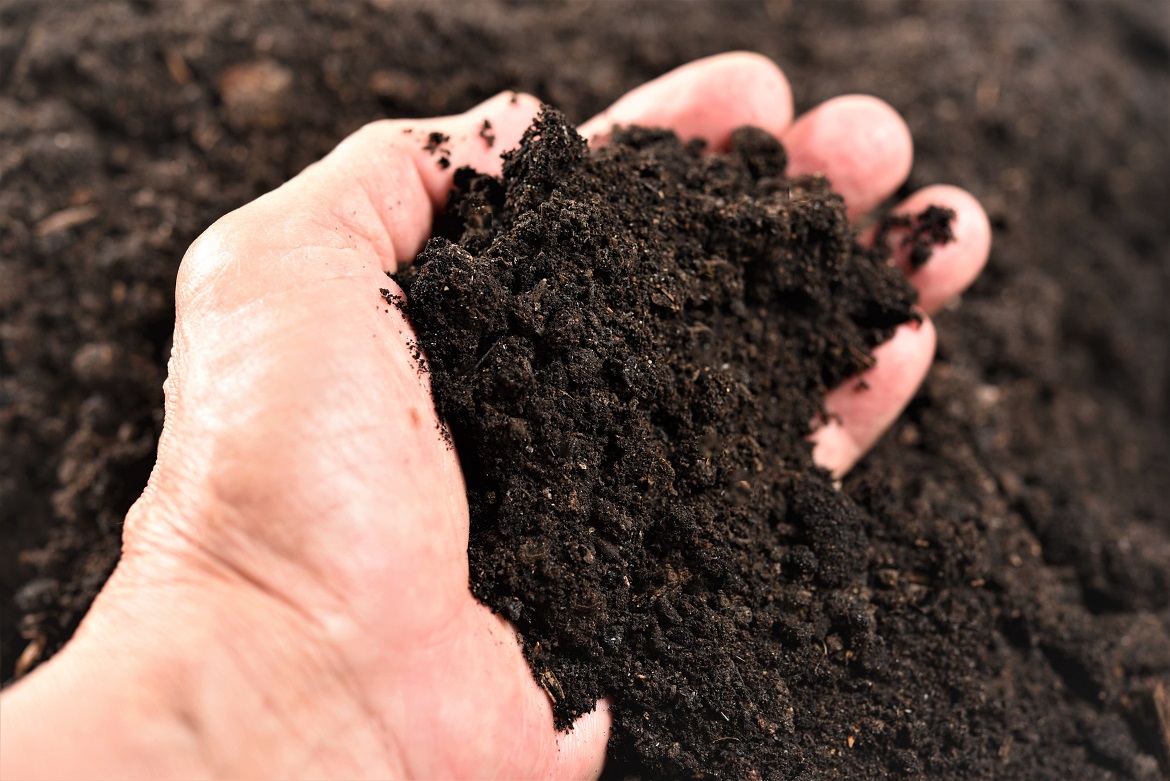Fall Garden Cleanup for Healthy Soil: Your Ultimate Guide

As the leaves change color and the air grows crisp, fall brings a unique charm to our gardens. But did you know that fall is also the perfect time to give your garden a health check? Just like a bear prepares for hibernation, your garden needs some TLC before the cold sets in. Let's dive into the best fall garden cleanup tips for healthy soil, ensuring your garden springs back to life when the warm weather returns.
Why Fall Garden Cleanup Matters
Think of your garden as a living, breathing entity. It needs care and nourishment to thrive. Fall garden cleanup isn't just about aesthetics; it's about soil health. By preparing your soil in the fall, you're setting the stage for a vibrant garden in the spring.
Fall Garden Cleanup Tips for Healthy Soil
1. Clear Garden Debris
The first step in your fall garden cleanup is to clear out any garden debris. Dead leaves, fallen branches, and wilted plants can harbor pests and diseases. Imagine trying to clean your house with clutter everywhere—it's the same with your garden. By removing debris, you're giving your soil a fresh start.
2. Add Organic Matter
Once your garden is clear, it's time to enrich the soil with organic matter. Compost, shredded leaves, and manure are excellent sources of nutrients. Think of it like giving your soil a vitamin boost. Organic matter improves soil structure, increases water retention, and encourages beneficial microorganisms.
3. Soil Preparation
Soil preparation is crucial for a healthy garden. Till or turn the soil to aerate it, allowing water and nutrients to penetrate deeply. This is also a good time to test your soil's pH levels. Just like a balanced diet is essential for our health, balanced soil pH is vital for plant health.
4. Mulch for Winter Protection
Mulching is like giving your garden a warm blanket for the winter. A layer of mulch helps insulate the soil, protecting plant roots from freezing temperatures. It also prevents soil erosion and retains moisture. Opt for organic mulch like wood chips or straw, which will decompose and add more nutrients to the soil.
5. Fall Maintenance
Regular fall maintenance keeps your garden in tip-top shape. Prune perennials, divide bulbs, and plant cover crops to prevent soil erosion. Think of it as giving your garden a regular check-up to ensure everything is in order.
The Benefits of Fall Garden Cleanup
Improved Soil Health
By following these fall garden cleanup tips for healthy soil, you're investing in the long-term health of your garden. Healthy soil means healthier plants, fewer pests, and less need for chemical fertilizers.
Easier Spring Planting
A well-prepared garden in the fall makes spring planting a breeze. You'll have less work to do and more time to enjoy the beauty of your garden.
Environmental Benefits
Composting and using organic matter reduce waste and promote sustainability. By caring for your soil, you're also caring for the environment.
Expert Tips for Fall Garden Cleanup
Timing is Key
Start your fall garden cleanup before the first frost. This gives you ample time to clear debris, add organic matter, and prepare the soil.
Use the Right Tools
Invest in quality gardening tools like rakes, shovels, and pruners. The right tools make the job easier and more enjoyable.
Stay Safe
Wear gloves and protective clothing to avoid injuries and exposure to pests. Safety first, even in the garden!
Conclusion
Fall garden cleanup isn't just a chore; it's an investment in the future health of your garden. By clearing debris, adding organic matter, preparing the soil, and maintaining your garden, you're setting the stage for a vibrant and healthy spring. So, grab your tools, put on your gloves, and let's get started!
FAQs
1. When is the best time to start fall garden cleanup?
The best time to start fall garden cleanup is before the first frost. This usually falls between late September and early November, depending on your location.
2. What should I do with fallen leaves?
Fallen leaves can be composted or shredded and used as mulch. They are an excellent source of organic matter and nutrients for your soil.
3. How often should I test my soil pH?
It's a good idea to test your soil pH at least once a year, preferably in the fall. This helps you understand the nutrient needs of your soil and adjust accordingly.
4. Can I use chemical fertilizers in the fall?
While chemical fertilizers can be used, they are not recommended for fall garden cleanup. Organic matter and compost provide a more sustainable and long-term solution for soil health.
5. What if I miss the fall cleanup window?
If you miss the fall cleanup window, you can still prepare your garden in the spring. However, fall cleanup provides the best conditions for soil health and easier spring planting.


For more detailed information on soil health and gardening tips, visit the USDA Natural Resources Conservation Service and the National Gardening Association.
0 Response to "Fall Garden Cleanup for Healthy Soil: Your Ultimate Guide"
Post a Comment